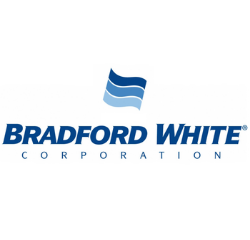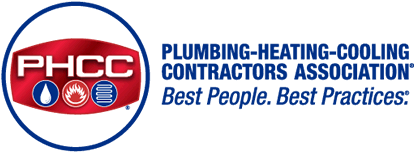
By Bradford White Corporation
Observers of American politics often note that policymaking swings like a pendulum. One political party will earn control of government and enact policies they believe will improve the country. Later, the opposing political party will inevitably seize governmental control and undo much of the work of their predecessors. This process then repeats.
While there may be examples of this idea proving true in other aspects of our government, it is not true as it relates to minimum energy conservation standards that are established by the United States Department of Energy (DOE). The Department gets its authority to regulate energy use of appliances from a 1976 law known as the Energy Policy and Conservation Act (EPCA). Among the language in EPCA is a key provision known colloquially as the anti-backsliding clause, which states:
The Secretary may not prescribe any amended standard which increases the maximum allowable energy use, or, in the case of showerheads, faucets, water closets, or urinals, water use, or decreases the minimum required energy efficiency, of a covered product.
For those who don’t speak “Legalese” as a first language, what the anti-backsliding provision essentially says is that once DOE finalizes energy conservation standards for a covered product, the Department is not permitted to establish future standards for the same product that are less stringent. This provision in EPCA applies regardless of who occupies the White House, or which political party happens to be in control of Congress. Once final energy conservation standards are published in the Federal Register, there is no turning back (absent a successful lawsuit against DOE, but that is a different topic for a different time), DOE can only continue to make the standards more stringent.
Given the current political climate of the ongoing Presidential campaign, where America seems guaranteed to have a new occupant in the oval office in January 2025, this topic seems particularly relevant. As DOE continues to work to finalize energy conservation standards for HVAC and water heating products for the remainder of this year, one should not count on DOE, within a different presidential administration, to swing the political pendulum back to where it came.
If you have any questions about the information in this column, or any other issues related to legislative and regulatory measures impacting our industry, BWC’s Government and Regulatory Affairs team is here to help. Also, if you know of any legislative or regulatory activity in your community or state that would impact our industry, please do not hesitate to contact us at BWCGovReg@bradfordwhite.com.
